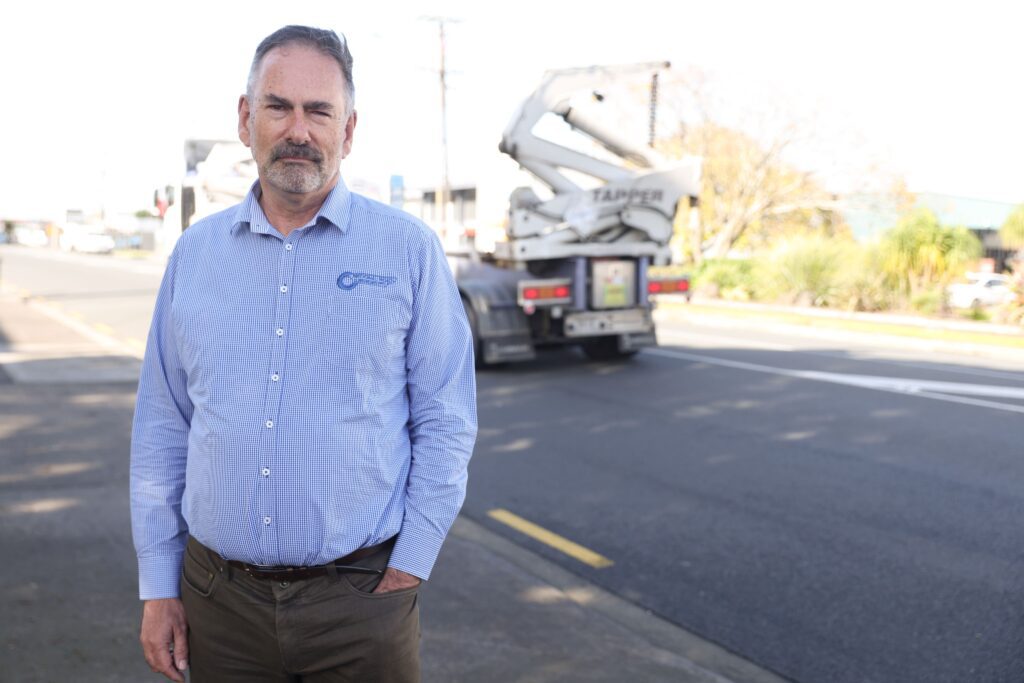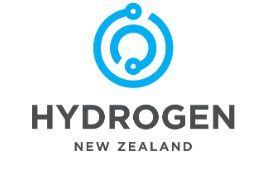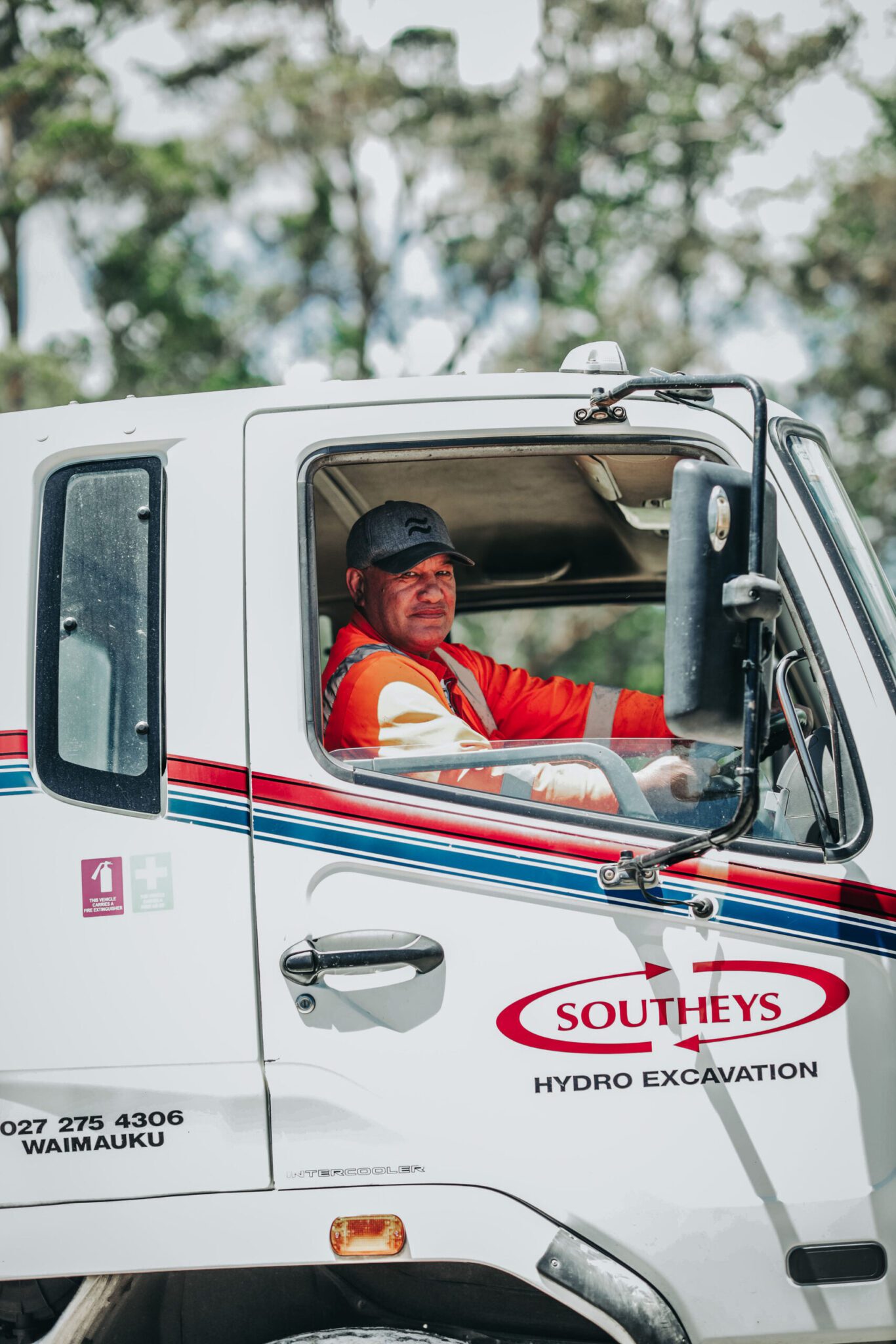By James Smith, GM Policy and Advocacy, NRC
If you ever doubted the ability of New Zealand’s supply chain to just get on and deliver despite blockages, breakdowns, bad weather and closures – the last month or so demonstrated the flexibility and resilience of the country’s freight systems. While the trucking industry has played a key role, co-operation with other modes of transport including rail and shipping has made it work.
Even though the system works around these problems and continues to deliver, these issues once again highlight the need for a 50-year roading and infrastructure plan that is agreed across the political spectrum so we are not constantly starting and stopping.
Here are a few examples of what I’m talking about:
- Railway line blockages: Recent closures of railway lines in Auckland and Wellington to allow for maintenance have not fazed the transport sector. Everything that would have gone by rail has been road bridged with all available trucks being requisitioned and adapted as needed to haul containers. Trucks have been cycling through Ports of Auckland and Metro Port every few minutes to pick up loads so within half an hour or so you have a trainload being carted out by trucks. The whole exercise has been co-ordinated by KiwiRail in co-operation with truck operators – which will be the case again when more closures are planned in April.
- Desert Road closure: The two-month long closure of the Desert Road between Tūrangi and Waiouru from mid-January to mid-March to reconstruct 16km of road and replace the deck of the Mangatoetoenui Bridge is a bit of inconvenience for freight between Auckland and Wellington as vehicles can detour via SH41, SH47, SH4 and SH49, adding 30 to 40 minutes to the journey. It is a bit more disruptive for local operators for whom it could add 90 minutes to some trips. Both line haul and local operators accept the work has to be done and are sucking up the short-term inconvenience for the long-term benefit of the upgrades.
- Cook Strait ferries: Both KiwiRail and Bluebridge Cook Strait ferries have experienced a string of issues recently mostly weather related – which have possibly been made out to be worse than they are by news media who now have the Cook Strait crossing firmly in their sights. We continue to call for reliable, well maintained and well planned infrastructure – and this applies on the Cook Strait. In the meantime national freight operators have continued to professionally and quietly worked around the issues ensuring goods cross the Strait to their intended destinations in a timely way.
What do we learn from this?
An agreed long-term plan needed:
NRC is delighted the National-led Government is getting on with a major new road building programme all around the country but it is critical new roads are not paid for by deferring maintenance until the last minute on existing ones.
Deferring maintenance in order to pay for new roads is a road to nowhere. Looking after what we’ve got in a timely and efficient manner is just as important as building new roads.
The extended closure of the Desert Road is another example highlighting why NRC is calling for a 50-year roading plan with scheduled investment in maintenance and restoration to minimise the risk of road network failure and the disruption to transport operators and the businesses and public supply goods and equipment to.
NRC supports the full closure as NZTA advises it is the most efficient way of getting the deferred maintenance completed in the fastest possible time. It is critical that NZTA holds its end of the bargain and has the Desert Road open again on time with works completed in the planned two-month period.
All modes are needed:
Despite what you might read in the media, which tends to focus on problems and conflict, the different transport modes – road, rail and shipping – work well together.
This is just as well because they are complementary – rail and coastal shipping are more economical and efficient than road in some cases, while road will most often be the mode needed for the last mile because of the reach of the road network.






